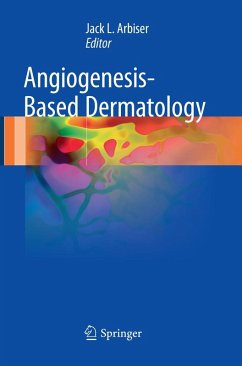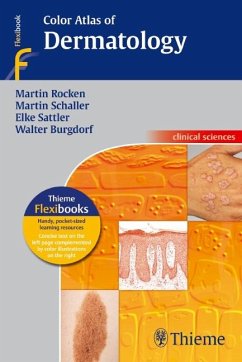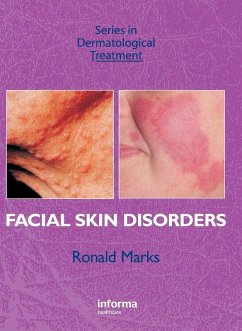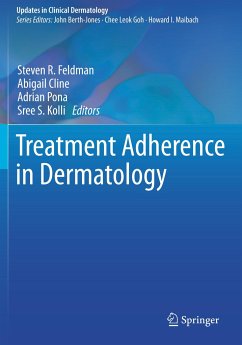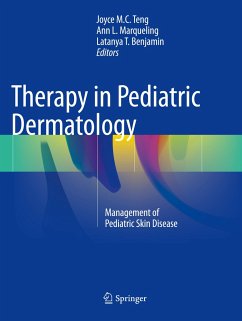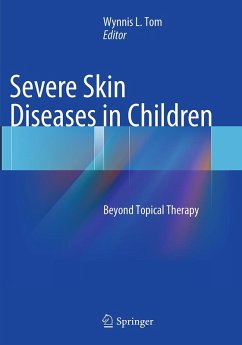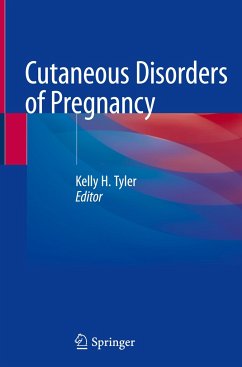
Angiogenesis-Based Dermatology

PAYBACK Punkte
19 °P sammeln!
This book provides a complete overview of all aspects of angiogenesis in dermatology. This is a guide to the principles of angiogenesis that will allow all involved in dermatology from the medical student and nurse practitioner to the experienced dermatologist to apply these principles for the treatment of patients.Angiogenesis is a principle that can be used to guide treatment of diseases of any organ system. Dermatology may be the first specialty to be guided by the principle of angiogenesis because the lesions are visible and response can be easily monitored. Dermatologists already inhibit ...
This book provides a complete overview of all aspects of angiogenesis in dermatology. This is a guide to the principles of angiogenesis that will allow all involved in dermatology from the medical student and nurse practitioner to the experienced dermatologist to apply these principles for the treatment of patients.
Angiogenesis is a principle that can be used to guide treatment of diseases of any organ system. Dermatology may be the first specialty to be guided by the principle of angiogenesis because the lesions are visible and response can be easily monitored. Dermatologists already inhibit angiogenesis as part of their treatment of multiple common dermatologic disorders, including acne, warts, and nonmelanoma skin cancer.
Angiogenesis is a principle that can be used to guide treatment of diseases of any organ system. Dermatology may be the first specialty to be guided by the principle of angiogenesis because the lesions are visible and response can be easily monitored. Dermatologists already inhibit angiogenesis as part of their treatment of multiple common dermatologic disorders, including acne, warts, and nonmelanoma skin cancer.



